Five Skills Parents Can Learn So They Can Help Their Children Cope
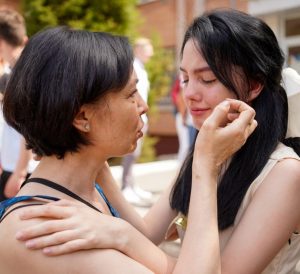 The coronavirus pandemic has affected the mental health of children and teens, and therapists are tapped out and booked up. But that doesn’t mean care is impossible. In fact, caregivers can learn therapeutic strategies to support, reinforce and teach our children healthy coping skills. Read more ›
The coronavirus pandemic has affected the mental health of children and teens, and therapists are tapped out and booked up. But that doesn’t mean care is impossible. In fact, caregivers can learn therapeutic strategies to support, reinforce and teach our children healthy coping skills. Read more ›
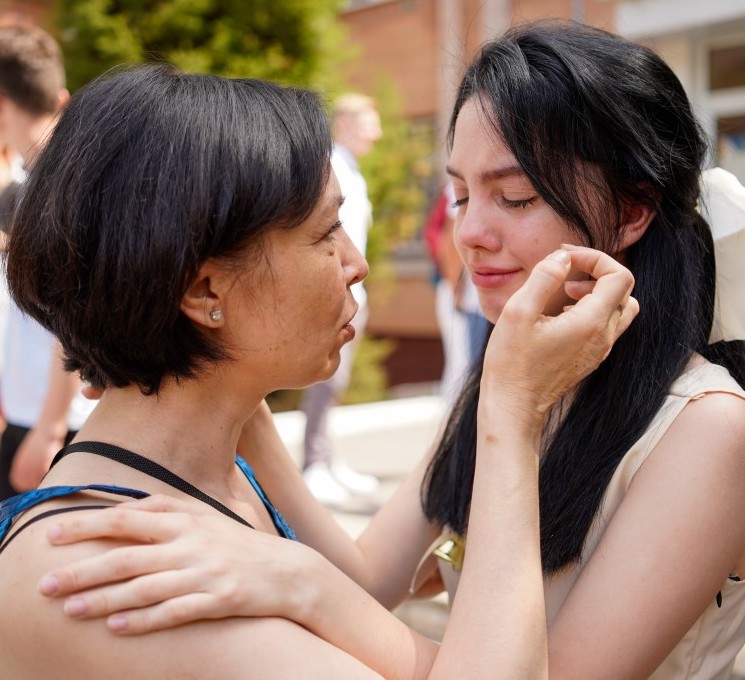
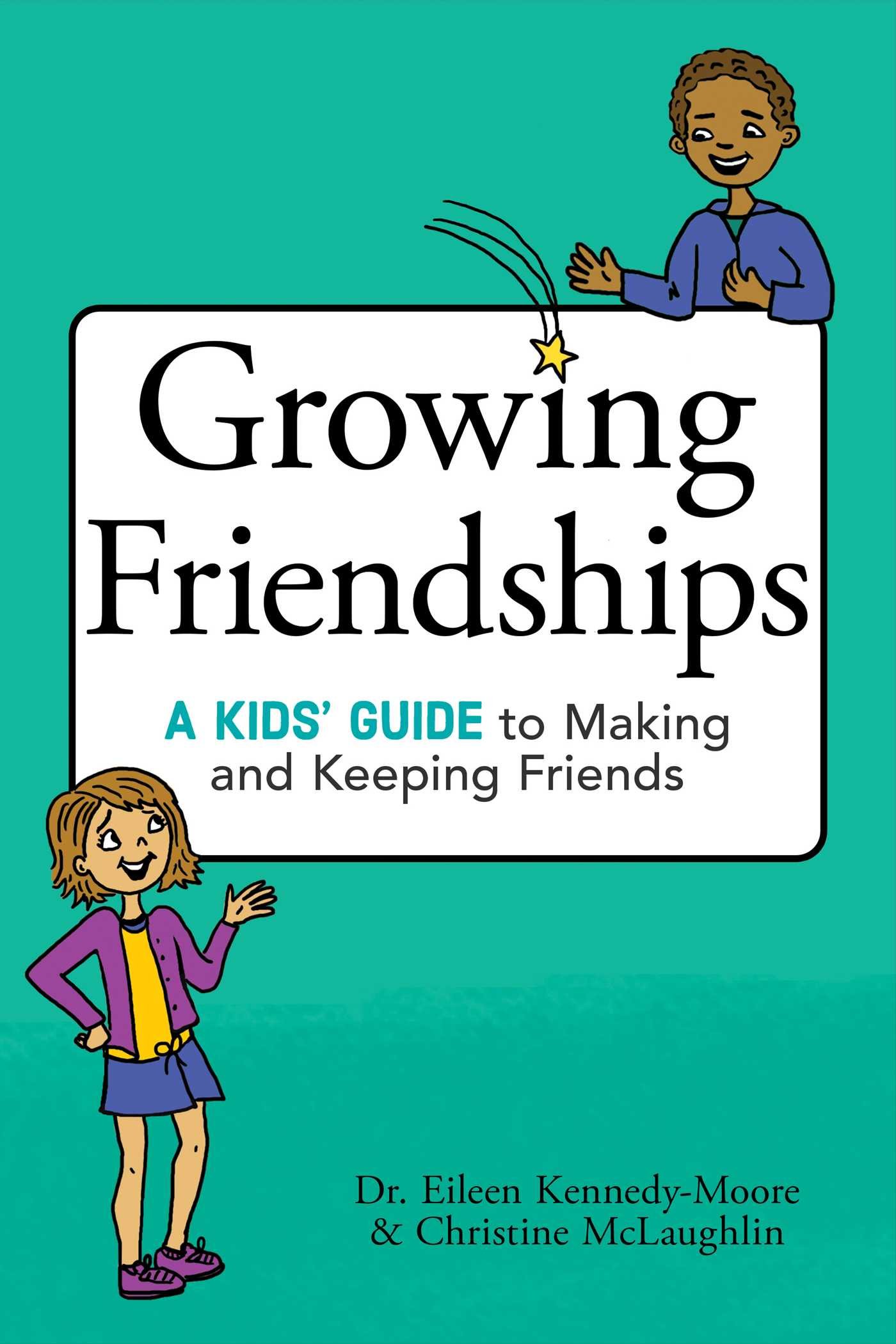
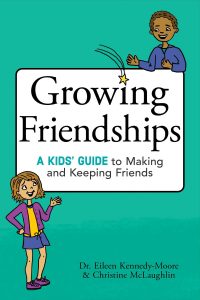 Friendships aren’t always easy for kids. Almost every child struggles socially at some time, in some way—having an argument with a friend, getting teased, or even trying to find a buddy in a new classroom.
Friendships aren’t always easy for kids. Almost every child struggles socially at some time, in some way—having an argument with a friend, getting teased, or even trying to find a buddy in a new classroom.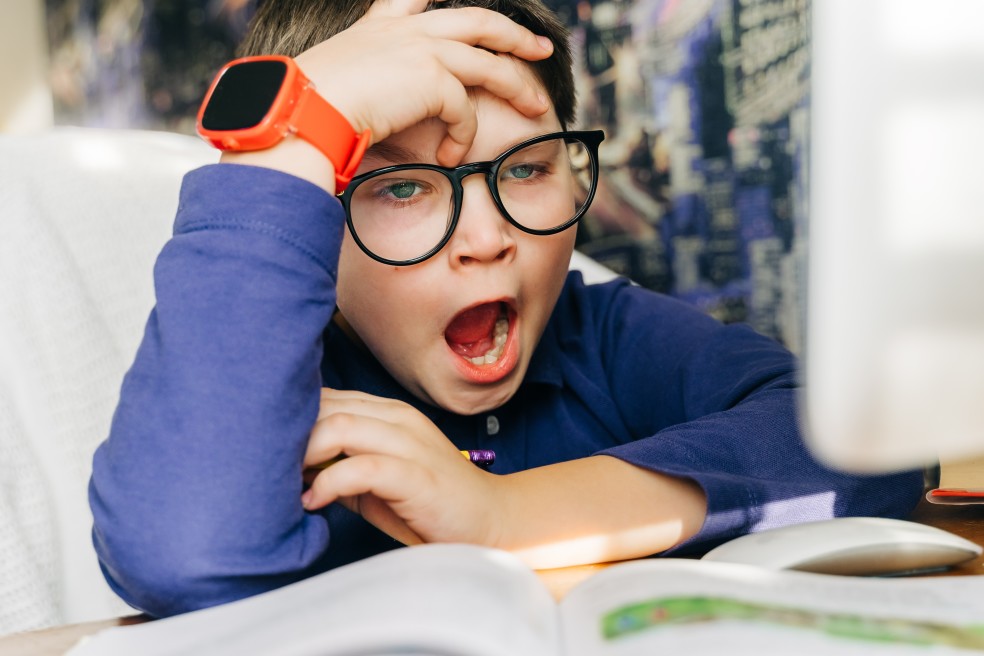
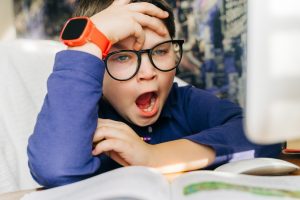 Millions of children spent months, even more than a year, attending school virtually from kitchen tables, bedrooms and laptops during the pandemic.
Millions of children spent months, even more than a year, attending school virtually from kitchen tables, bedrooms and laptops during the pandemic.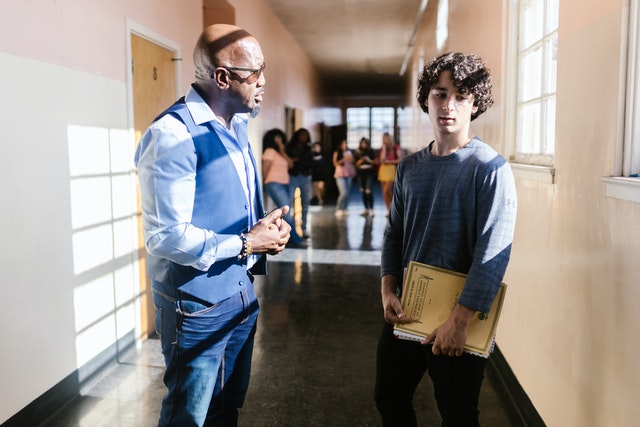
 Whenever a mass shooting takes place in schools, public discussion often focuses on laws or policies that might have prevented the tragedy. But averting school violence needs more than gun policy. It requires both
Whenever a mass shooting takes place in schools, public discussion often focuses on laws or policies that might have prevented the tragedy. But averting school violence needs more than gun policy. It requires both 
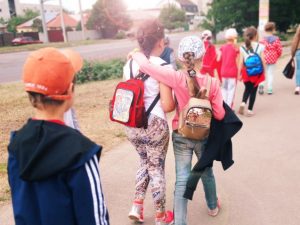 Bullying in the classroom can have grave consequences for students, especially as they build effective social and emotional skills amid the disruption caused by the pandemic. While administrators must take responsibility for creating a school environment that is safe and welcoming, educators can promote a strong classroom culture through responsive and warm interactions with students.
Bullying in the classroom can have grave consequences for students, especially as they build effective social and emotional skills amid the disruption caused by the pandemic. While administrators must take responsibility for creating a school environment that is safe and welcoming, educators can promote a strong classroom culture through responsive and warm interactions with students. 
 Americans are emerging from the pandemic more stressed out and reactive than ever. For example, in a typical year, the United States sees about 100 to 150 cases of “air rage”—passengers becoming violent or unruly on airplanes. In 2021, there were more than 5,700 cases, of which more than 4,100 were mask-related.
Americans are emerging from the pandemic more stressed out and reactive than ever. For example, in a typical year, the United States sees about 100 to 150 cases of “air rage”—passengers becoming violent or unruly on airplanes. In 2021, there were more than 5,700 cases, of which more than 4,100 were mask-related.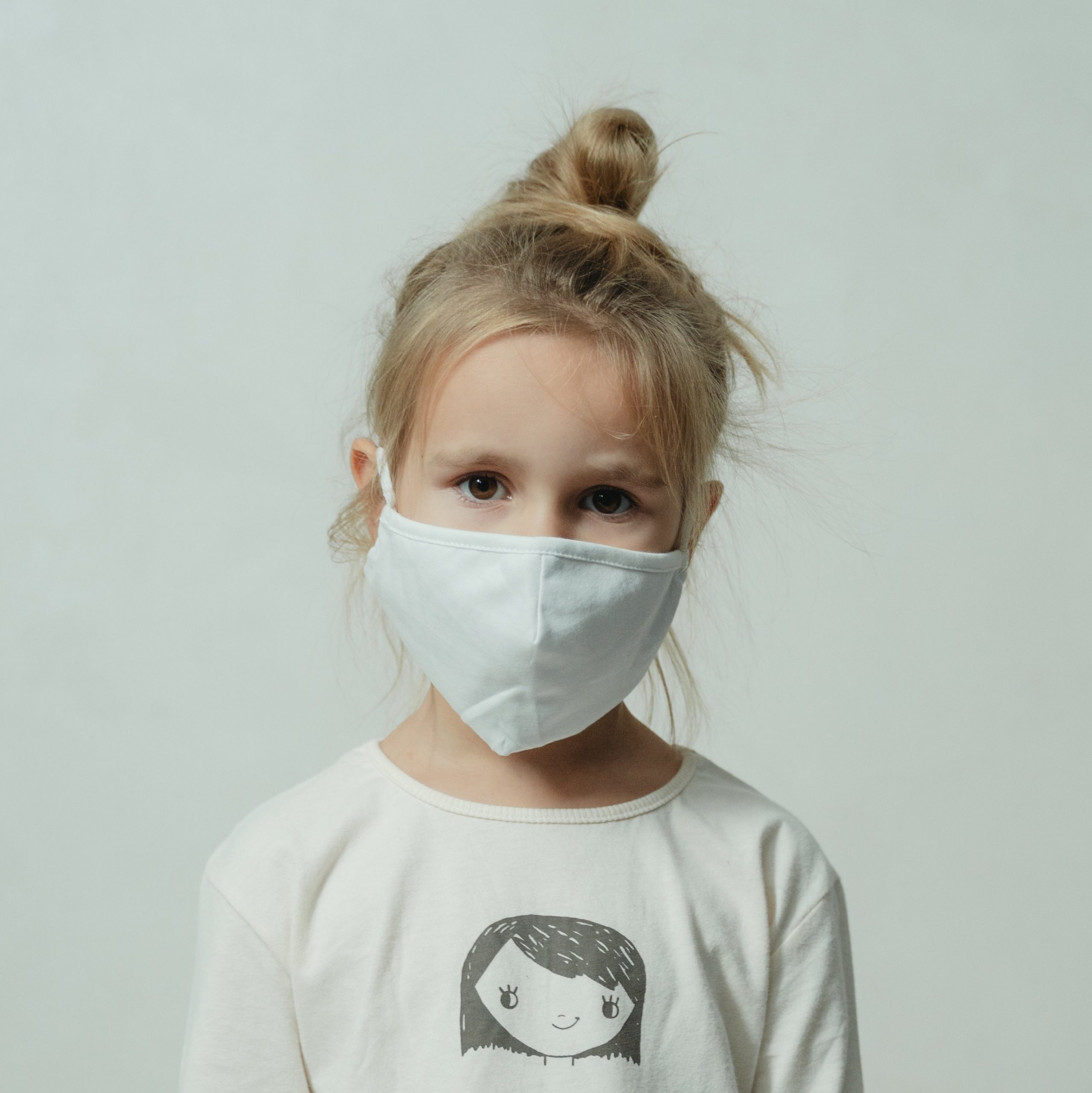
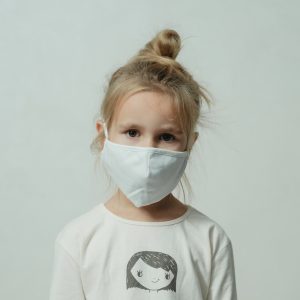 Some parents express worry that masks might interfere with children’s ability to learn or to socialize. Other parents fear that unmasking will lead to more COVID-19 cases.
Some parents express worry that masks might interfere with children’s ability to learn or to socialize. Other parents fear that unmasking will lead to more COVID-19 cases.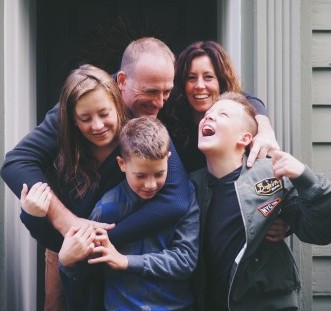
 We tend to idealize childhood as a carefree time, but youth alone offers no shield against the emotional hurts, challenges, and traumas many children face. Children can be asked to deal with problems ranging from adapting to a new classroom or online schooling to bullying by peers or even struggles at home. Add to that the uncertainties that are part of growing up in a complex world, and childhood can be anything but carefree. The ability to thrive despite these challenges arises from the skills of resilience.
We tend to idealize childhood as a carefree time, but youth alone offers no shield against the emotional hurts, challenges, and traumas many children face. Children can be asked to deal with problems ranging from adapting to a new classroom or online schooling to bullying by peers or even struggles at home. Add to that the uncertainties that are part of growing up in a complex world, and childhood can be anything but carefree. The ability to thrive despite these challenges arises from the skills of resilience. 
 Simple interactions between you and your children help build children’s brains foundation for all future learning.
Simple interactions between you and your children help build children’s brains foundation for all future learning. 

